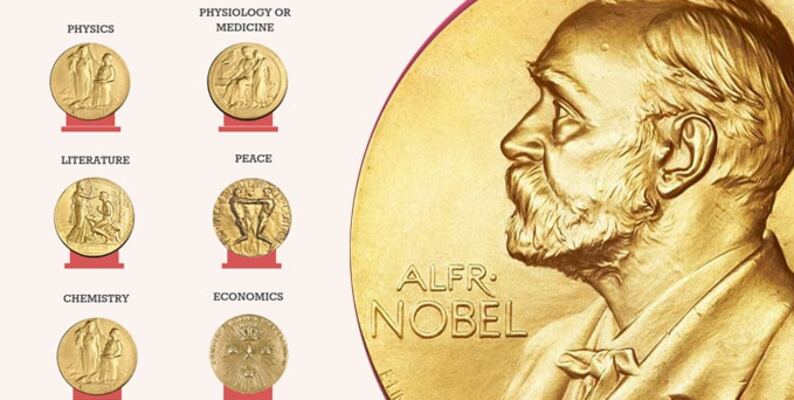Nobel Prize Winners Analysis

This project entails the analysis of a dataset encompassing details on the Nobel Prize winners from 1901 to 2023. For further details, please refer to the GitHub repository linked here.
Nobel Prize Winners Analysis
This project analyzes data related to Nobel Prize winners from 1901 to 2023, exploring various aspects of the laureates’ demographics and achievements.
Objective
The primary objective of this project is to provide insights into the Nobel Prize winners over the years, aiming to understand trends in gender representation, geographical distribution, and category preferences. Key objectives include identifying the most commonly awarded gender and birth country, analyzing trends in USA-born winners, examining female representation, highlighting the first woman Nobel laureate, and identifying repeat winners.
Tools and Libraries Used
- Python 3
- Pandas
- Seaborn
- NumPy
Dataset
The dataset utilized in this project is sourced from the Nobel Prize API and is available in the nobel.csv file within the data folder of this repository.
Key Findings
-
Most Common Gender and Birth Country:
- The gender with the most Nobel laureates is male.
- The most common birth country of Nobel laureates is the United States of America.
-
Proportion of USA-Born Winners Over Decades:
- The trend in the proportion of US winners is rising over time.
- The decade with the highest proportion of US-born winners is 2020.
-
Proportion of Female Laureates:
- The trend in the proportion of female Nobel laureates is increasing over time.
- The decade and category with the highest proportion of female laureates are 2020 in the Literature category.
-
First Woman to Win a Nobel Prize:
- The first woman to win a Nobel Prize was Marie Curie, née Sklodowska, in the category of Physics.
-
Repeat Winners:
- The laureates who have received two or more prizes include the Comité International de la Croix Rouge (International Committee of the Red Cross), Linus Carl Pauling, John Bardeen, Frederick Sanger, Marie Curie, née Sklodowska, and the Office of the United Nations High Commissioner for Refugees (UNHCR).
Usage
To replicate the analysis:
- Ensure you have Python 3 installed on your system.
- Clone this repository to your local machine.
- Navigate to the project directory.
- Run the Jupyter notebook
nobelbook.ipynb. - Explore the generated visualizations and findings.
Author
- Name: Mohammed Mebarek Mecheter
- Email: mohammedmecheter@gmail.com
- GitHub: Mohammed Mebarek Mecheter
Feel free to contact me for any questions or additional information about this project.